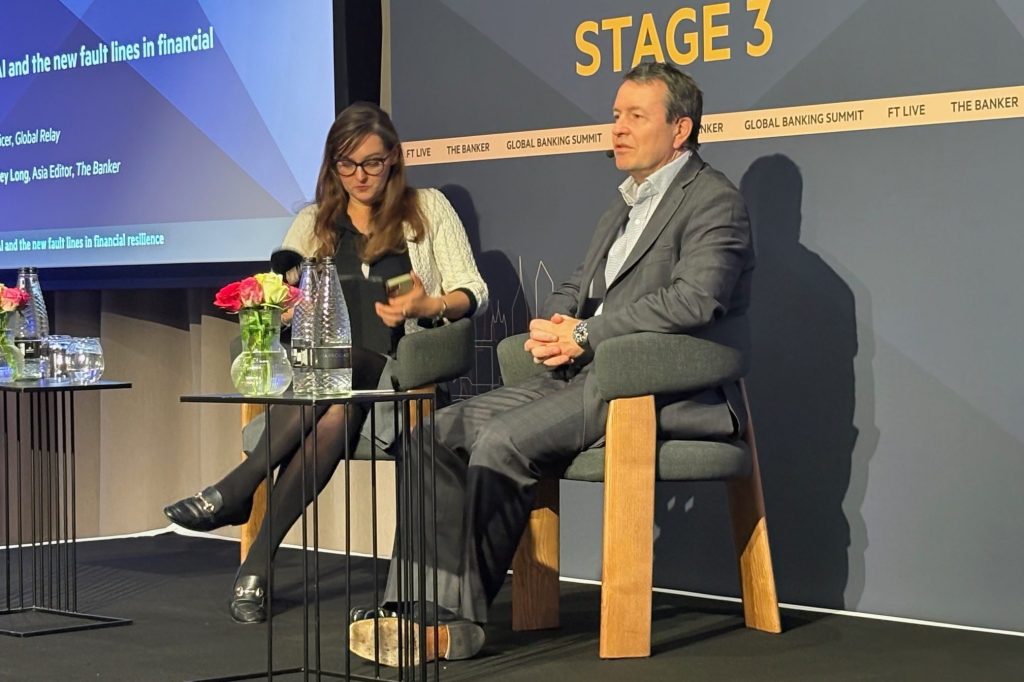Transferring a company’s listing from AIM to the Equity Shares (Commercial Companies) (ESCC) category on the Main Market of the London Stock Exchange (LSE) is often said to offer numerous benefits, including increased access to capital, enhanced liquidity and greater investor confidence. This briefing outlines the process and requirements for
Register for free to keep reading.
To continue reading this article and unlock full access to GRIP, register now. You’ll enjoy free access to all content until our subscription service launches in early 2026.
- Unlimited access to industry insights
- Stay on top of key rules and regulatory changes with our Rules Navigator
- Ad-free experience with no distractions
- Regular podcasts from trusted external experts
- Fresh compliance and regulatory content every day
















